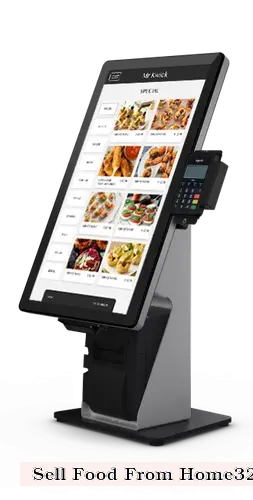

Introduction
The restaurant industry is a highly competitive and demanding field. However, with the rise of home-based food businesses, aspiring restaurateurs have a unique opportunity to enter the market with lower overhead costs and greater flexibility. This guide will provide a comprehensive overview of the key considerations and steps involved in selling food from home, helping you navigate the legal, operational, and marketing aspects of this growing business model.
Legal Considerations
Operational Considerations
Marketing and Sales
Financial Considerations
Additional Tips
Conclusion
Selling food from home can be a rewarding and profitable business venture. By carefully considering the legal, operational, marketing, and financial aspects outlined in this guide, you can establish a successful home-based restaurant that meets the needs of your customers and achieves your business goals. Remember to stay passionate about your culinary creations, provide excellent customer service, and continuously adapt to the evolving market to ensure the longevity and success of your home-based food business.
DISCLAIMER: This information is provided for general informational purposes only, and publication does not constitute an endorsement. Kwick365 does not warrant the accuracy or completeness of any information, text, graphics, links, or other items contained within this content. Kwick365 does not guarantee you will achieve any specific results if you follow any advice herein. It may be advisable for you to consult with a professional such as a lawyer, accountant, or business advisor for advice specific to your situation.
today
Copyright © 2026 Kwick365.com
Designed by KwickPOS is the best restaurant POS